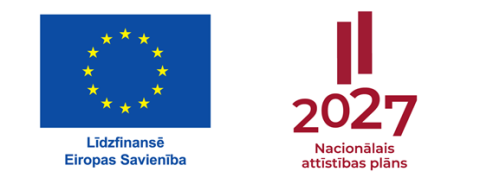SuReUP
The objective of the project is to support the wood industry in more sustainable use of resources by providing the necessary knowledge and developing a strategy through to change the current fate of discarded UPs to more sustainable options, including the development of valuable solid wood products with high bio-durability and low input of primary resources. The project aims to perform a comprehensive study of changes in wood properties caused by a prolonged contact with second-generation wood preservatives and the effects of weathering, and to develop approaches for using discarded utility poles to create new solid wood products suitable for use in environments with an increased risk of biodegradation. The knowledge gained will also be useful for the rational reuse of other types of impregnated wood materials, promoting the transition to more sustainable consumption and conservation of resources, both wood and biocides. During the project, it is planned to manufacture two groups of prototypes: a solid wood product containing the required amount of preservative but using minimal additional biocidal resources, and two glued prototype types. A life cycle assessment will be performed for the new products to objectively evaluate their environmental impact compared to similar products made from virgin wood.
Planned results: 3 scientific publications, reports in 3 international conferences, 3 types of prototypes and their LCA, 8 data sets deposited in open-access repository, recommendations for the sector.
The project is implemented by the Latvian State Institute of Wood Chemistry and Ltd. “Jauda-koks”.
The planned total eligible costs of the project are 683 022.50 EUR, including ERDF and state funding of 600 000 EUR.
Call, activity: The project is implemented within the framework of the “European Union Cohesion Policy Programme 2021–2027” specific support objective 1.1.1. “Strengthening research and innovation capacity and introduction of advanced technologies in the common R&D system” measure 1.1.1.3. “Practically Oriented Research”.
| Document name | Date added | Download |
|---|---|---|
| Projekta īstenošanas 1. ceturksnis (01.10.-31.12.2025.). | 12/2025 | asd |
